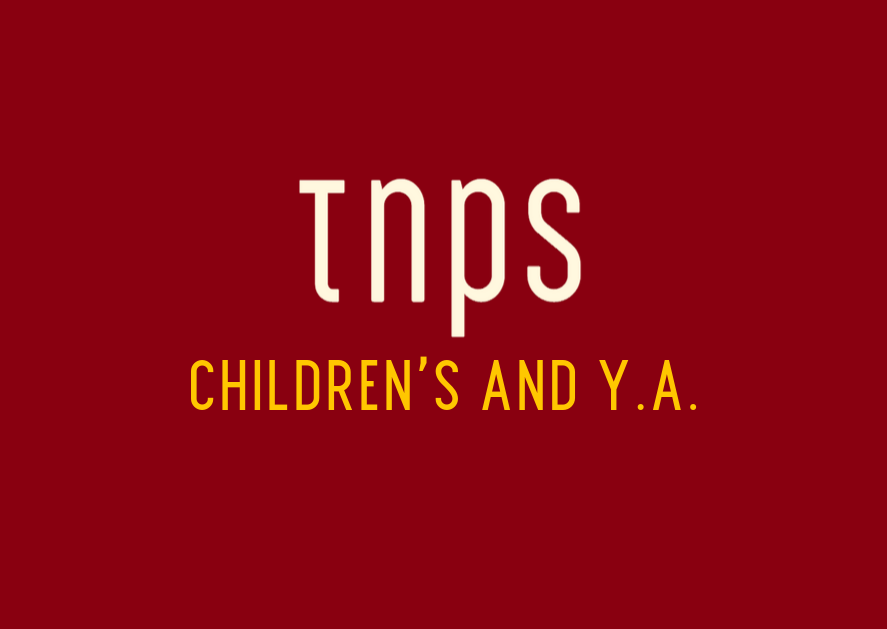Western audiences: Think here celebrity children’s authors that have no clue about how children read and think, and their publishers who rely on parents to buy into the celebrity brand-name and then wonder why the joy off reading is in freefall.
A dialogue between literary experts from the UAE and Morocco at the Rabat International Book Fair has shone a spotlight on a crucial evolution needed within Arabic children’s book creation.
The message was a decisive call to move away from adult-centric perspectives, advocating instead for narratives deeply rooted in a genuine understanding of children’s emotional and psychological landscapes. This shift in focus promises to unlock more resonant and impactful storytelling for young readers.
Insights from Young Voices: Prioritising Imagination and Senses
Emirati author Fatima Al Ameri, drawing upon her experience with the UAE Board on Books for Young People (UAEBBY), shared illuminating insights gleaned from evaluating stories penned by children themselves. Her observations revealed a natural inclination among young writers towards movement, unfettered imagination, and vivid sensory detail. Al Ameri cited the striking example of a child’s story where a hand metamorphosed into an octopus, underscoring the innate capacity for intricate and imaginative thought in young minds.
Al Ameri astutely argued that truly authentic children’s literature must resist the urge to oversimplify. Instead, it should be thoughtfully informed by a profound appreciation for how children genuinely perceive and construct their surrounding world.
She posited that when given the creative freedom to express themselves without adult imposition, children are more than capable of crafting sophisticated and engaging storylines.
The Pitfalls of Adult-Dominated Narratives
Moroccan writer Mustafa Al Nahal offered a critical perspective on the prevailing challenges within Arabic children’s literature. He pinpointed the persistent issue of adult-dominated narratives that regrettably fail to truly centre the child’s unique viewpoint.
Al Nahal voiced his concern over the common tendency among publishers to view children as passive recipients of stories. He noted the significant lack of specialised psychological consultants involved in the book production process, individuals whose expertise could ensure that the content is developmentally appropriate and emotionally resonant for young readers.
Read much more over at Gulf Today.
The View From the Beach
“A call to move away from adult-centric perspectives, advocating instead for narratives deeply rooted in a genuine understanding of children’s emotional and psychological landscapes.”
Western audiences: Think here celebrity children’s authors that have no clue about how children read and think, and their publishers who rely on parents to buy into the celebrity brand-name and then wonder why the joy off reading is in freefall.
This post first appeared in the TNPS LinkedIn newsletter.





